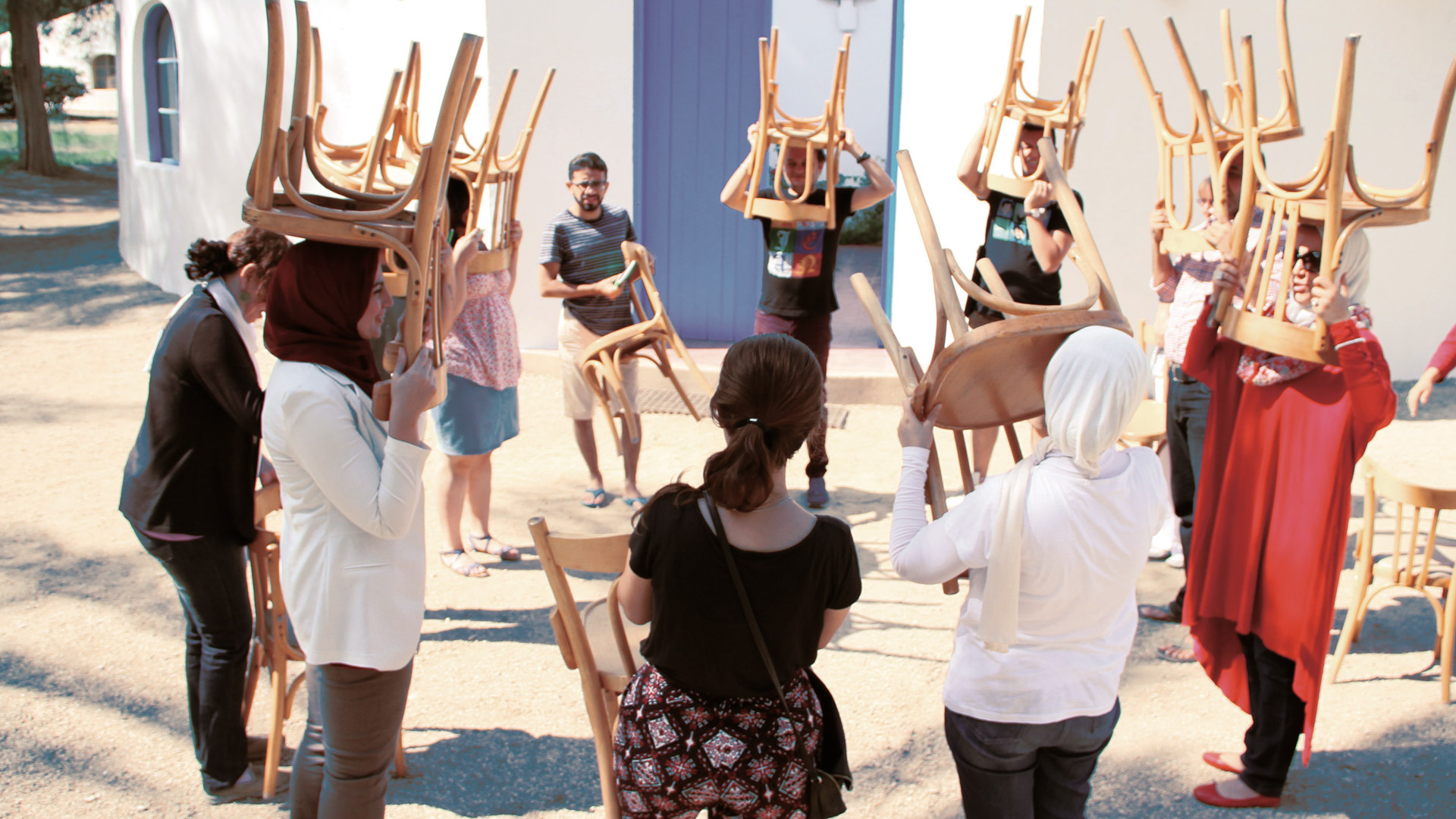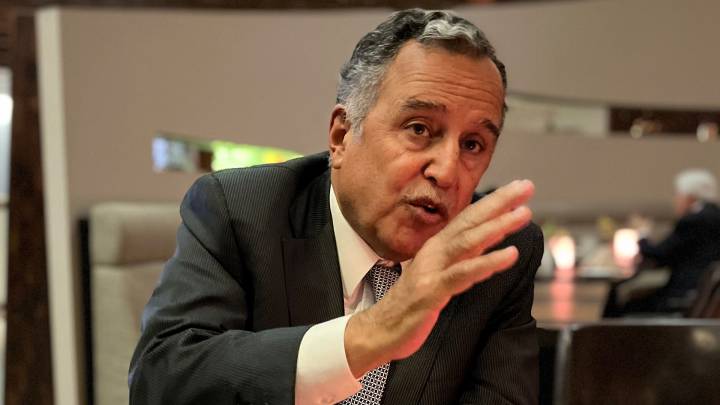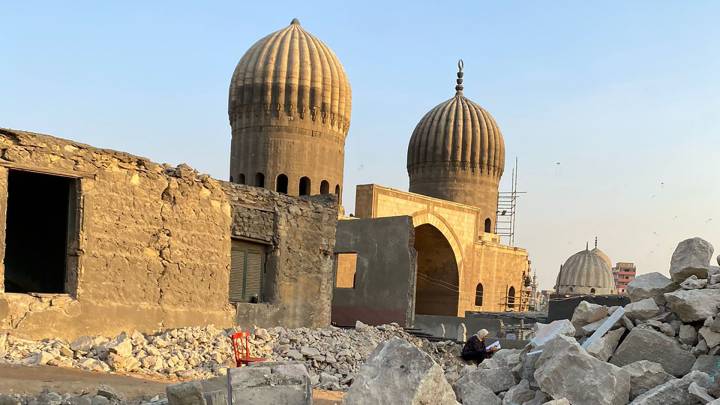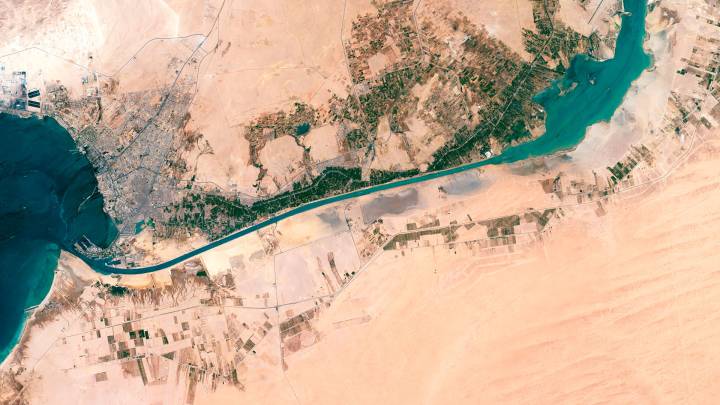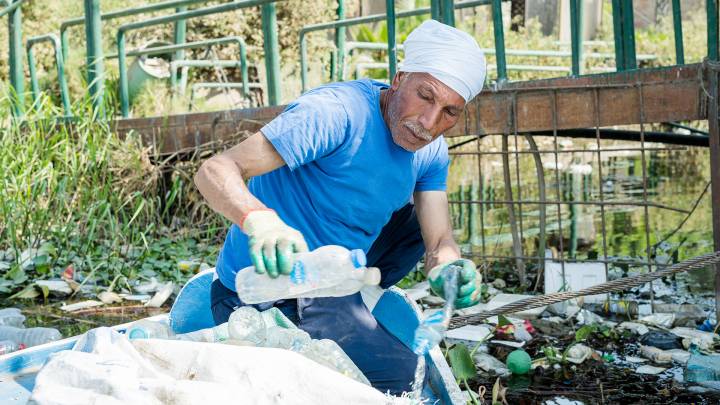A bold training process empowers engaged citizens in Egypt by challenging prejudices and refining their work methods.
When expert trainers from Germany teach a workshop in the MENA region, the clichéd expectation is that they will arrive with a stack of reports and clear lesson outlines. So when trainers for the Goethe-Institut’s Democracy and Tolerance course in civic education turned up in Egypt with the stated intention of “educating through irritation”, and instead of providing reports made participants engage in discussions as a means to reflect on their own prejudices, it was something of a surprise.
“Most people didn’t like it,” says Mohamed Bayar, an NGO leader from Alexandria. “We were expecting a course teaching academic content. Instead, it forced us to make first an assessment of ourselves, and then look at the structural changes we could make.”
We tried to use our workshop sessions as a model for society as a whole.
The unusual nature of the course was in part because the rigid educational system in Egypt means most Egyptians understand education and learning as a exercise where an expert tells them facts and answers – a one-way, linear understanding of passing on information, says Florian Wenzel of the Centre for Applied Policy Research (CAP) at Ludwig Maximilian University in Munich, one of the course trainers and designers.
“We confronted participants with their own group processes and involved them in unforeseen things, using a pragmatic approach. In this way, we tried to use our workshop sessions as a model for society as a whole.”
The course on civic education encouraged participants to tackle thorny questions of how to deal with opposing opinions, and their own prejudices about other people, to drive home the idea that tolerance is an essential aspect of any democratic process, whether decision-making on a political level, or simply within an organisation. This is especially needed in a country with little experience of democracy – both the positive freedoms and the difficult aspects of democratic freedom, such as tolerating difference and accepting contrary opinions, says Wenzel.
Even activists who had doggedly opposed the authoritarian government of Mubarak had not reflected on the internal processes within their organisations, such as dealing with minority opinions, he says. “They had a very one-sided view of democracy, and this basically reflects the situation in Egypt.”
But the personal approach also asked participants to reflect on their motivations and passions – important questions in a country where operating in civil society is difficult, even dangerous. Basmah Metwally, who works in the economically underdeveloped region of Siwa in western Egypt, credits the course with helping her understand why a previous initiative she had founded – to empower women – had catastrophically imploded due to conflict between staff members.
During the civic education course, the trainer asked participants to question whether they were doing what truly made them happy, or perhaps had some other external motivation, a reflective process that struck home for Metwally. “It made me realise I had designed the project around the strengths of my team members, but not my own – I didn't design the project that I was longing for.”
By the end of the course she had reformulated her initiative. It provides training similar to that which she received at the Goethe-Institut to women in Siwa, teaching them how to conceive and design their own initiatives, how to look for funding and how to integrate stakeholders, in a region where there are few economic opportunities for women.
Many of those who have received the civic education training, which has been held annually since 2014, have gone on to design similar workshops, reconfigured to suit the specific needs of their community. One participant who has taught workshops in his hometown of Minya would like to see more frequent courses, believing they can help change society, especially through teaching about diversity. In Minya, there is a lot of conflict between Muslims and Coptic Christians.
“This conflict is because most people don’t believe in diversity, that others have the same rights to live and practise their religion. There is a similar issue with fighting between different political groups. Civic education is about this issue, and one thing we can achieve is to help members of society understand each other.”
Part of what makes the workshops effective is choosing the right people to participate, who can in turn serve as multipliers or have a certain position where they can radiate, says Dr Elke Kaschl Mohni, MENA Regional Director at the Goethe-Institut. “The key is knowing who to include, and how this transmits into a larger impact.”
